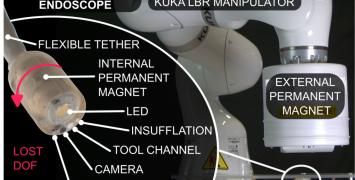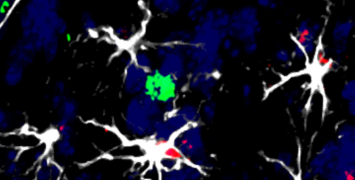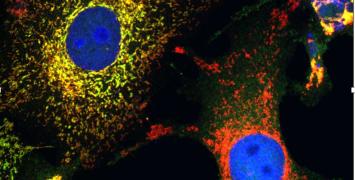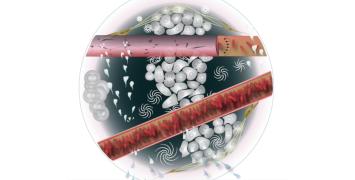Riding a Trojan horse against cancer
Magdalena Król is Professor at the Faculty of Veterinary Medicine of the Warsaw University of Life Sciences (SGGW) in Poland. She specializes in cancer research. Since 2006 Professor Król and her team have been investigating canine mammary cancer with particular focus on cancer metastasis and tumor microenvironment. Now she develops innovative cell-based method of drug delivery to solid tumors. Her discoveries about interactions between immune cells and cancer cells may one day revolutionize the treatment of cancer.
Originally published in March 2017 as part of the multimedia campaign "ERC - 10 years – 10 portraits."
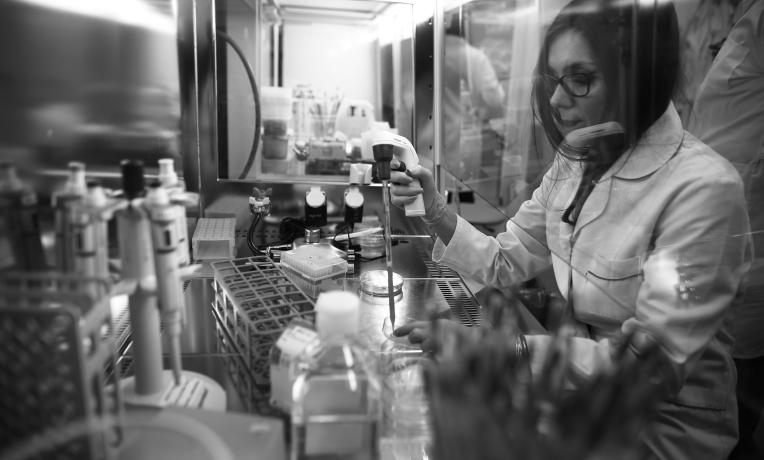
I grew up with dogs and I became a breeder. I had Bouviers des Flandres - I bred many champions, European champions, a vice-world champion, and because of that I decided to become a vet. When I worked in veterinary clinics, I saw so many cancer cases in dogs. And then I got interested in mammary cancer, which is three times more often diagnosed [in dogs] than in humans. I started to do research in that field.
In the EU every 30 seconds one person dies of cancer. And the problem is that, currently, only one to two percent of administered anti-cancer drugs reach the tumor. The rest goes to other organs, causing side effects. There are some particular places inside the tumor mass that the chemotherapy cannot reach.
I discovered a mechanism in which the immune cells transfer special proteins that have a box-like structure, in which we can put various anti-cancer drugs. So immune cells transport these protein boxes to cancer cells, and they act like a Trojan horse, because they naturally go to the tumor mass and they transfer the drug to cancer cells, killing the tumor. They also reach the unreachable sides of the tumor. In my research I want to find out why immune cells transfer these protein boxes to cancer cells, because it can open a new door for immunology.
My preliminary results show that more or less thirty percent of these cells are able to reach the tumor. Which is quite impressive compared to normal chemotherapy. We can use a significantly smaller dose of anti-cancer drugs using this method of drug delivery than normal, and therefore we can decrease the side-effects of the chemotherapy.
I'm too modest to say that my method could revolutionize cancer treatment, but I hope so.
The ERC grant is very prestigious, it's the first time someone from my university received this grant. Getting the ERC grant also gave me the opportunity to attract some good researchers from Western Europe to come to Poland and to do research here, and to build a really good team.
Watching this video you are accepting Youtube cookies policy

